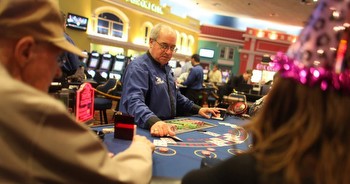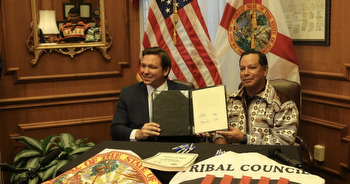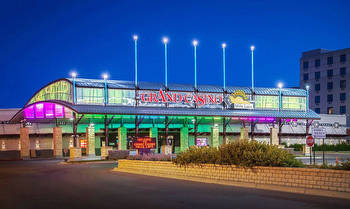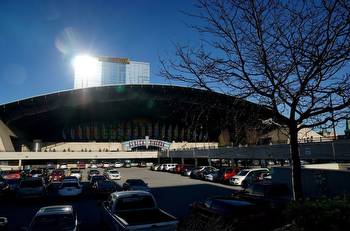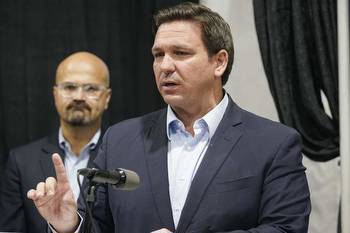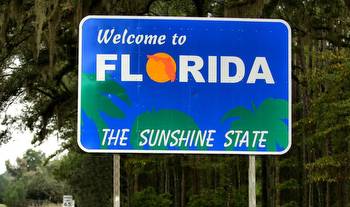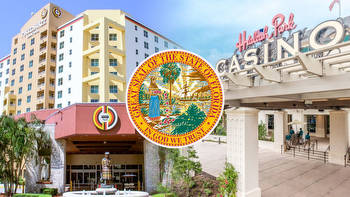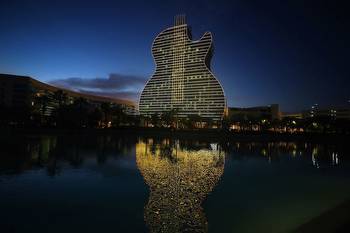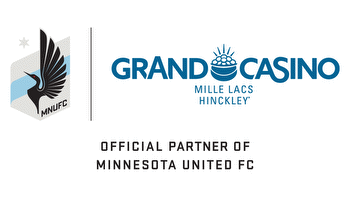Running Aces Lawsuit Widens, Targets Mystic Lake and Little Six Casinos

A federal lawsuit initiated by Running Aces last month, alleging executives’ “illegal and unfair advantages” through unauthorized casino games, has broadened its scope. The amended complaint, filed recently, now encompasses Mystic Lake and Little Six Casinos, properties owned by the Shakopee Mdewakanton Sioux Community.
New additions to the lawsuit:
The lawsuit initially singled out Grand Casino Hinckley, Grand Casino Mille Lacs, and Treasure Island Resort & Casino. While the former two are owned by the Mille Lacs Band of Ojibwe, Treasure Island is under the ownership of the Prairie Island Indian Community.
The amended complaint alleges that these casinos have been offering Class II video slots and other video games of chance, purportedly in violation of state law. Running Aces’ President and CEO, Taro Ito, emphasized the pursuit of fairness in a prepared statement: “All that we have ever sought was to be treated fairly, compete on a level playing field, take advantage of improvements within the pari-mutuel environment, and operate without fear of being eliminated.”
Legal context and compact agreement:
Minnesota’s tribal gaming compact stipulates that casinos are limited to video games of chance, such as slot machines and blackjack, with no allowance for other card games. Running Aces seeks legal intervention to halt the offering of additional card games by these casinos and claims damages from the implicated executives.
Political friction and legislative developments:
The frustration expressed by leaders of Running Aces and Canterbury Park at their exclusion from discussions onlegalizing sports bettingin Minnesota has been noted. Additionally, the recent approval of 500 “historical horse racing” machines by the Minnesota Racing Commission faces potential legislative pushback.
The struggle for recognition and participation in shaping legislative agendas concerning the gambling industry underscores broader challenges faced by entities like Running Aces and Canterbury Park. Despite their significant stake in the state’s gaming landscape, they find themselves sidelined in crucial discussions, raising questions about equity and representation.
Potential impacts on industry dynamics:
The outcome of Running Aces’ lawsuit and the broader implications of its allegations extend beyond individual casinos. It could reshape the competitive dynamics of the Minnesota gambling market and influence future regulatory frameworks governing tribal and non-tribal gaming establishments.
Efforts to reach the Minnesota Indian Gaming Association for comment by 5 Eyewitness News are ongoing, but still without a response. As stakeholders in the state’s gaming sector, their perspective on the unfolding legal battle and its ramifications is eagerly anticipated.











